Could Wales follow Ireland with a 'rotating first minister'?
- Published
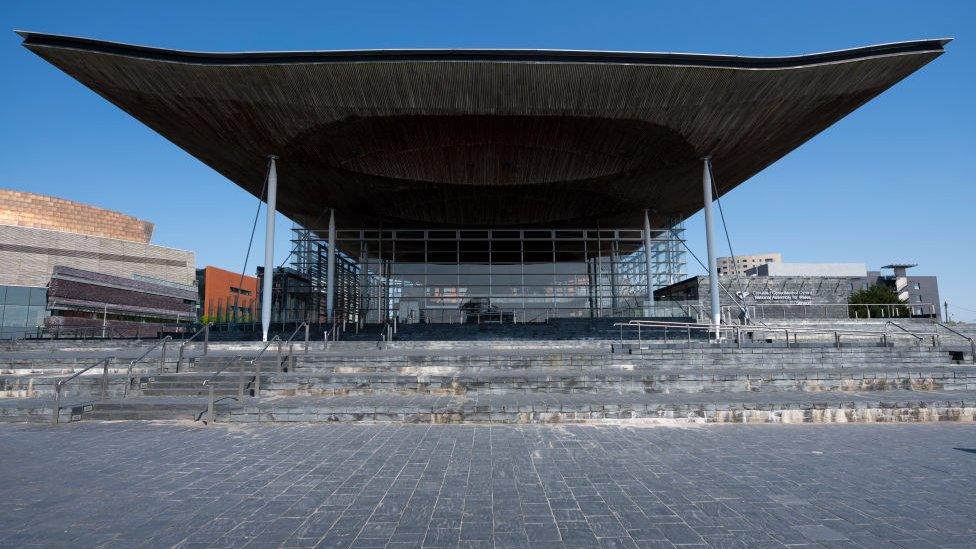
Could a rotating first minister be on the cards after next year's Senedd election?
Political parties could consider a deal after next year's Senedd election where the role of first minister is rotated midway through the term, according to a Welsh political expert.
Prof Roger Awan-Scully's comments came as parties in Ireland reached such an arrangement nearly five months after the Irish general election.
For the first time the role of Taoiseach - Ireland's Prime Minister - will be rotated.
Fianna Fáil's leader Micheál Martin will do the job until December 2022. And then it'll be Leo Varadkar and Fine Gael's turn.
The Greens are also part of the agreement - and all three parties will have ministers in the cabinet throughout the parliamentary term.
Given no party has ever secured an outright majority in Cardiff Bay, and with the polls pointing to another hung parliament in May, could a rotating first ministership be on the cards in Wales?
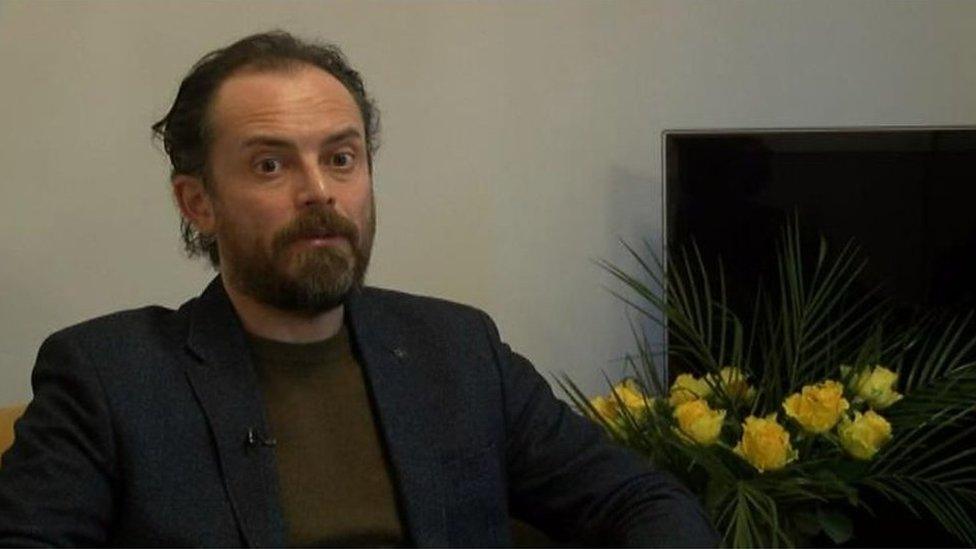
Prof Roger Awan-Scully thinks Ireland could potentially provide a template for the next Welsh Government
"The arithmetic will determine a lot of what happens after the election next May," said Prof Roger Awan-Scully, from the Wales Governance Centre.
"If we see one party very close to a majority then that's a very different context than if you have three parties with around about 20 seats each.
"In the latter case, then I think all sorts of traditional ways of doing coalition negotiations may be up for grabs and you could see parties trying to think creatively, pushing say for some of the key ministries, or maybe we do have even the possibility of a rotational arrangement whereby perhaps halfway through the term of the next Senedd there's a swapping around of some of the jobs, including maybe the key role of first minister.
Speaking to the BBC's Politics Wales programme, Prof Awan-Scully explained that the advantage of such an arrangement for the parties involved would be that neither is seen as the junior partner in a coalition.
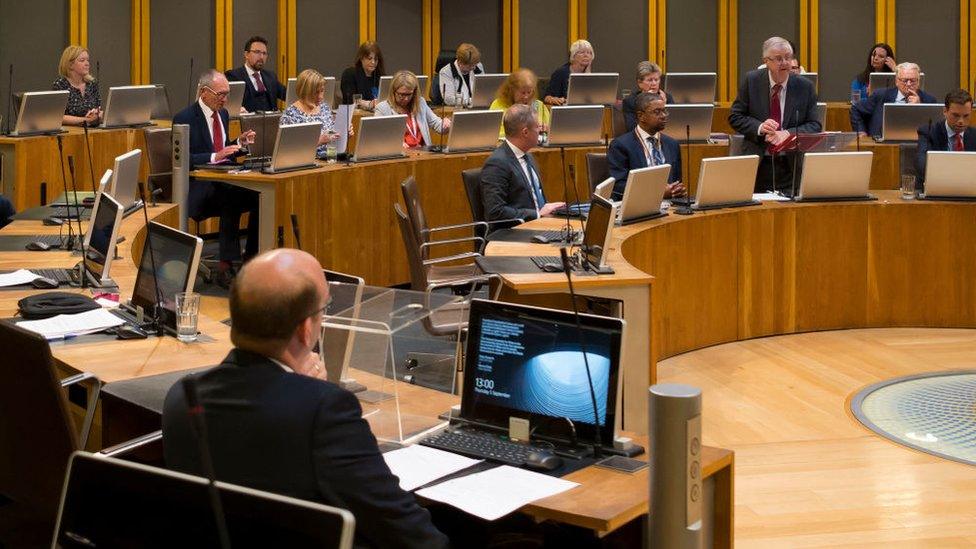
In the run-up to the 2021 election, the abbreviation AM has been replaced by MS (Member of the Senedd)
"We've seen in recent UK experience that there don't seem to be that many votes in being the junior coalition partner when it comes to the following election," he said.
"This sort of rotational arrangement offers the chance for both parties to have their day in the sun, their period when they are visibly leading the government when their person is in the role of first minister, and that might be a way of overcoming some of these concerns that parties might have about going into a coalition."
Jo Kiernan worked as a senior special advisor to Labour first ministers Carwyn Jones and Rhodri Morgan. She also played a part in the coalition negotiations with Plaid Cymru in 2007.
She now works as a political consultant and though she doesn't think a rotating first ministership is the most likely outcome after May's election, nothing can be ruled out, she told the BBC.
"Lots of scenarios will be put on the table, this might or might not be one of them.
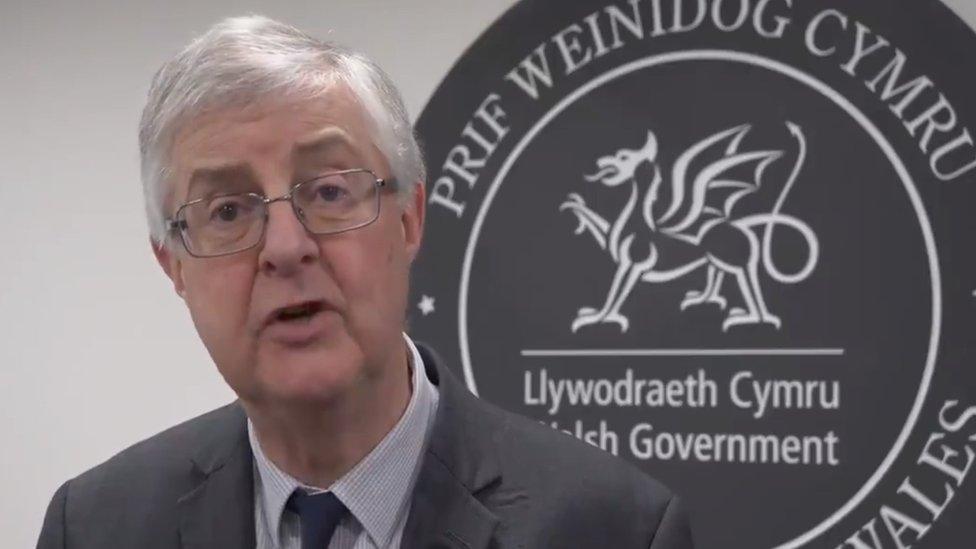
The role of first minister could change, as polls point to another hung parliament in May
"I've heard Plaid Cymru say they don't want to go into any formal coalition deals because they think that that might hurt them.
"But it'll come down to how well they do on the night: what Labour's figures are, what do the Tories' and Plaid's figures look like combined.
"You can't rule anything out."
As well as the numbers, Ms Kiernan said personalities and trust would have to be key considerations before any deal is reached.
Trust needed
"When I look back to the 2007 coalition arrangement between Rhodri Morgan and Ieuan Wyn Jones, they knew each other, they'd both been former MPs, they liked and respected each other.
"And that cool-headedness is really, really important during tough times - the fact that they could deal with a crisis in a cool-headed way rather than shouting and flouncing.
"If you think then about that next step of a rotating first ministership, an even greater level of trust is needed because whoever goes first - and that would be down to the negotiations - the other partner's got to be absolutely sure, absolutely trusting that the party who goes first won't concoct, invent some row part way through the second half of the term in order to flounce and spend a decent amount of time playing opposition ahead of the next elections."
Unsurprisingly the three main parties say they're not thinking about any possible deals, but given previous results it seems inevitable an agreement of some kind will have to be struck after the election.
Politics Wales is on BBC One Wales on Sunday 28 June at 10:15 BST and will be available online after broadcast.
- Published6 May 2020

- Published15 June 2020
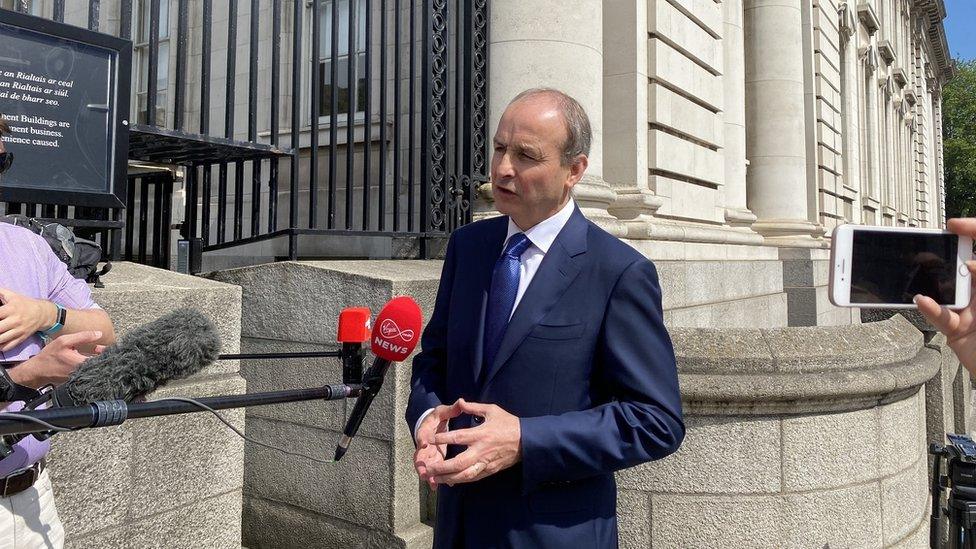
- Published27 November 2019
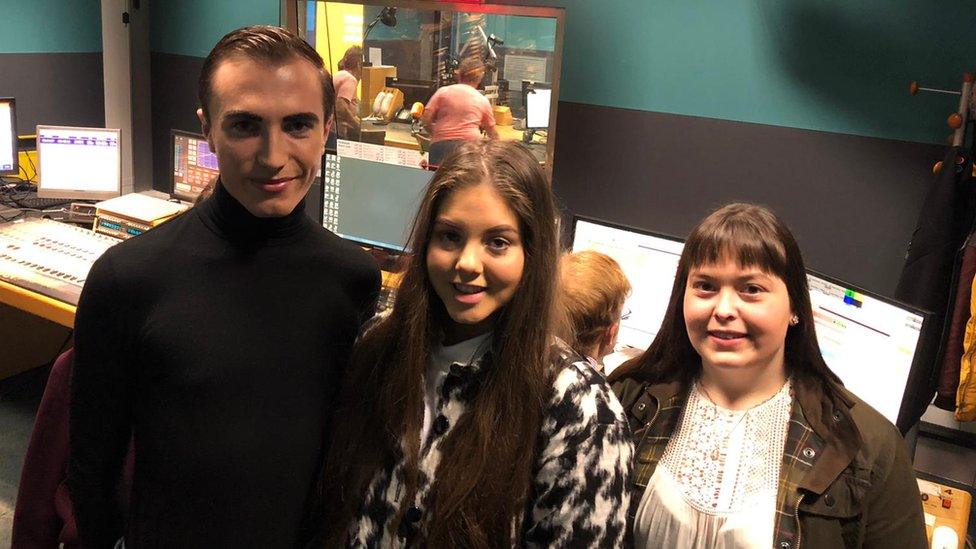
- Published6 May 2020
